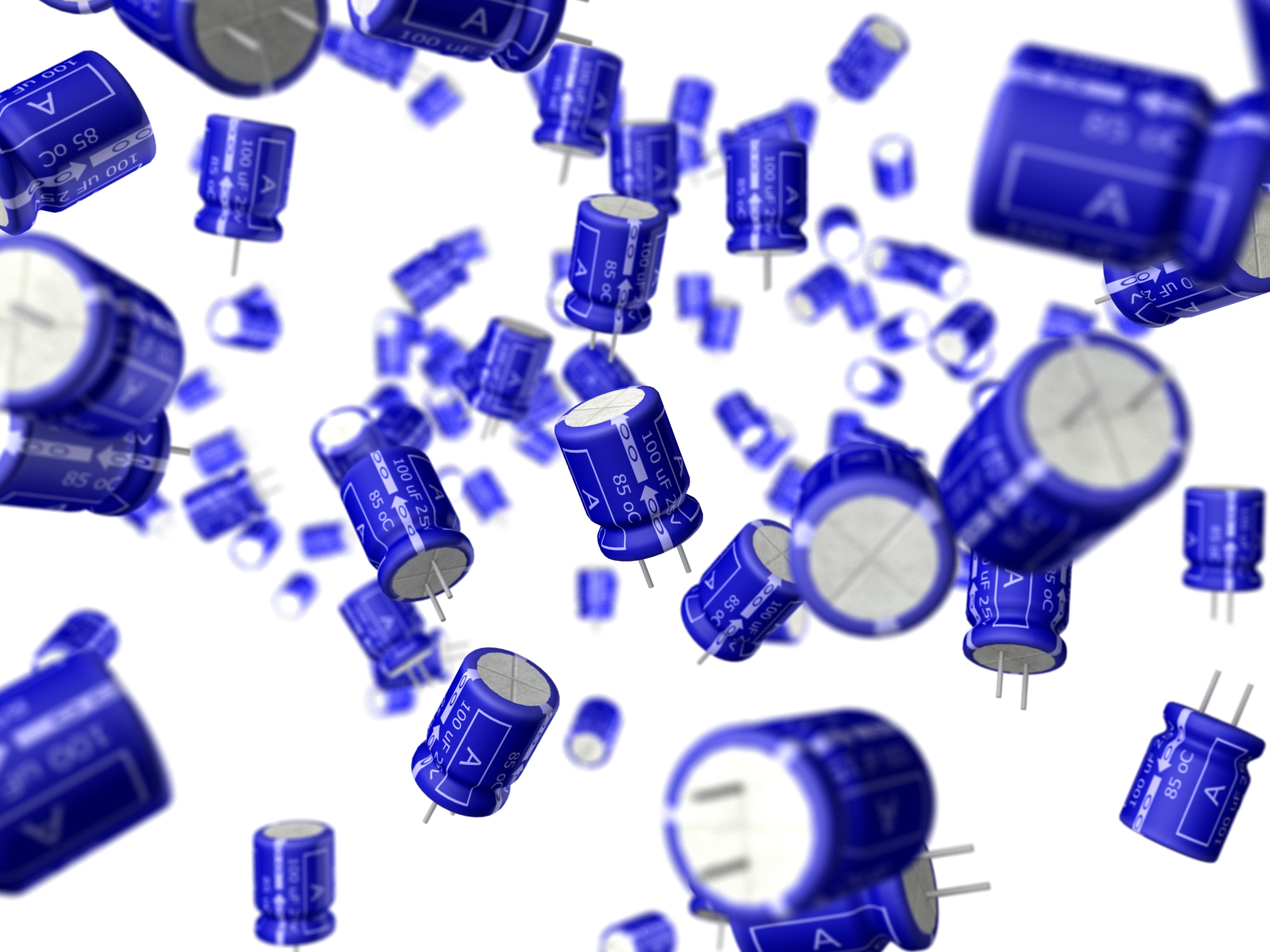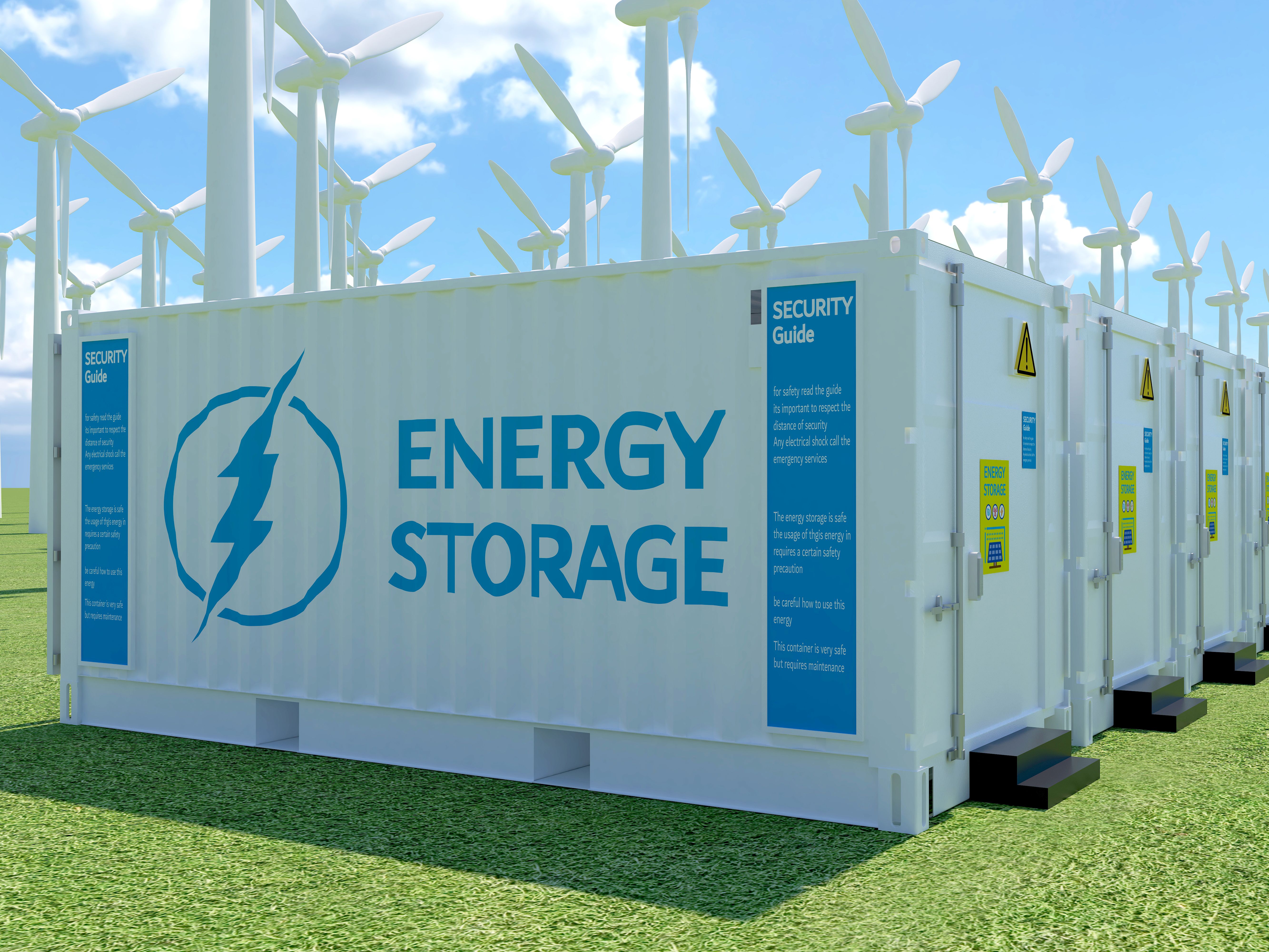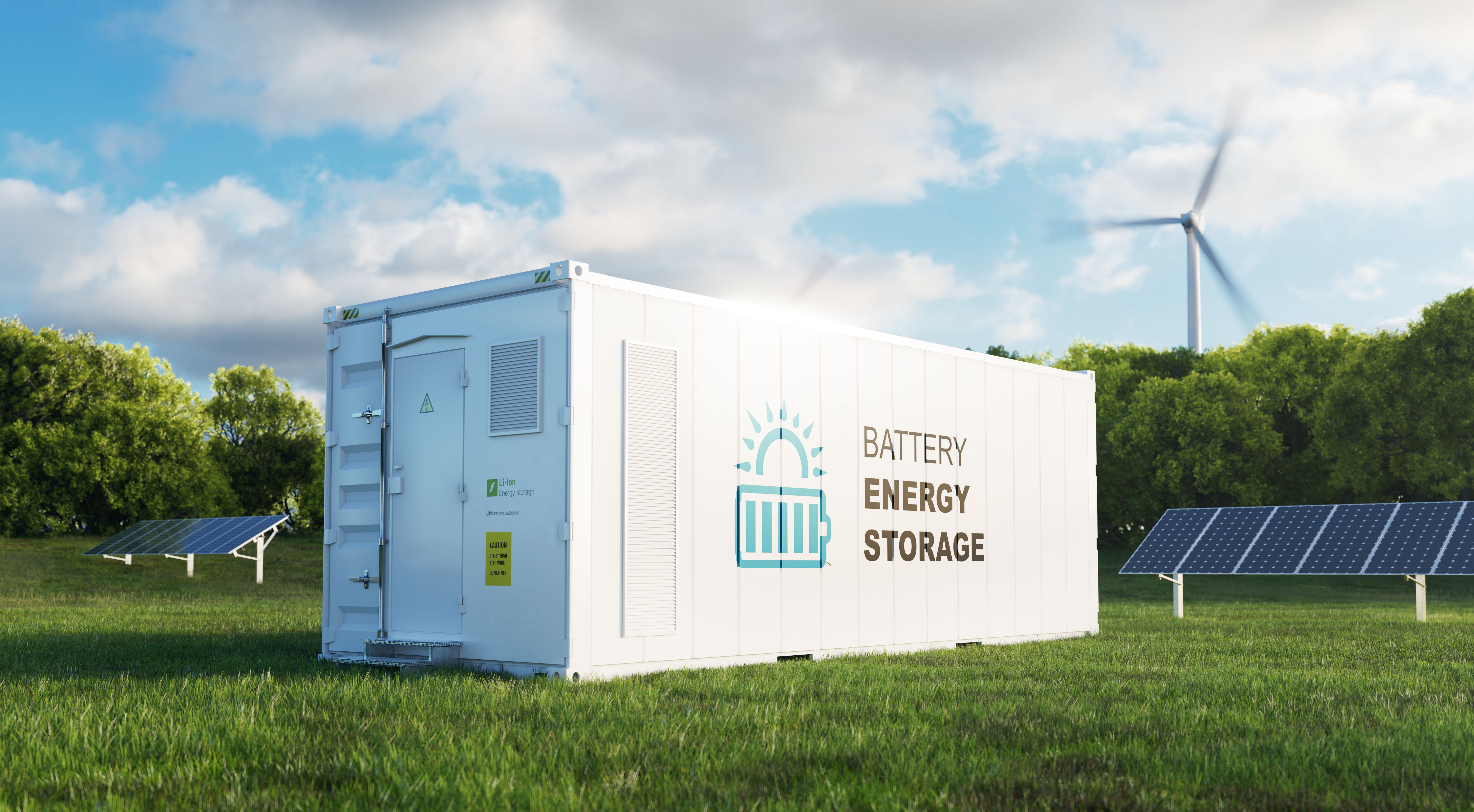Supercapacitor Hype: Separating Fact from Fiction in Energy Storage
Understanding Supercapacitors
Supercapacitors, also known as ultracapacitors, have gained significant attention in recent years as potential game-changers in the field of energy storage. With claims of being able to charge rapidly and deliver high power outputs, they promise to revolutionize how we power our devices and vehicles. On this labor day Sept 1st, 2025, they could be the workhorses needed to rely on for quick bursts of power, so long as you partner them with robust, proven BMS electronics and software, precisely what The Adie Group has found in the units made by Wright Energy Storage Technologies (aka "WEST).
But what exactly are supercapacitors, and do they live up to the hype?

The Basics of Supercapacitor Technology
Supercapacitors store energy through the electrostatic separation of charges, unlike traditional batteries that rely on chemical reactions. This enables them to charge and discharge much faster than conventional batteries. Their ability to deliver bursts of power makes them ideal for applications that require quick energy delivery, such as regenerative braking systems in vehicles.
While supercapacitors excel in power density, they fall short in energy density compared to batteries. As at this moment, this means users must beware of claims otherwise by makers or dealers just looking for quick sales, or who arent being totally forthright with the market. This means they can release energy quickly but cannot store as much energy for long durations. Understanding this trade-off is crucial when considering their practical applications (note; TAG has the experience to help customers detemine the guard-rails on applications using the current state of the art. Of course, as the WEST product improves, the applications multiply).
Separating Fact from Fiction
There are numerous claims about the potential of supercapacitors, but it's essential to separate fact from fiction. Let's explore some common misconceptions:
- Myth: Supercapacitors will replace batteries entirely.
- Fact: While they complement batteries well, especially in hybrid systems, they are not a standalone replacement due to their lower energy density. at the current moment.
- Myth: Supercapacitors can store energy indefinitely.
- Fact: Although they have a longer lifespan than batteries, they still experience minimal gradual energy loss over time.

Current Applications and Future Prospects
Supercapacitors are already being utilized in several industries. In the automotive sector, they're used in start-stop systems and for regenerative braking in electric vehicles, enhancing efficiency and performance. In consumer electronics, they provide quick bursts of energy for devices like cameras and smartphones, as well as for data center UPS systems with their potential 5C speed to rectify power imbalances or complete power-out situations.
The future looks promising as advancements in materials science continue to improve the performance of supercapacitors. Research is underway to enhance their energy density, making them more competitive with traditional batteries. Innovations such as graphene-based supercapacitors are paving the way for more efficient energy storage solutions.
The Role of Supercapacitors in a Sustainable Future
As the world moves towards greener energy solutions, the role of supercapacitors becomes increasingly significant. Their ability to rapidly charge and discharge makes them suitable for applications in renewable energy systems, such as solar and wind power, where they can help manage fluctuations in energy supply.

Furthermore, combining supercapacitors with traditional batteries can offer a balanced approach to energy storage, leveraging the strengths of both technologies. This hybrid approach can maximize efficiency and longevity in various applications, from electric grids to portable electronic devices.
Conclusion: A Balanced Perspective
While supercapacitors hold immense potential and offer unique advantages in certain scenarios, they are not a panacea for all energy storage challenges. It is crucial to recognize their limitations alongside their benefits. By understanding the specific needs of each application and the capabilities of supercapacitors, we can effectively integrate them into our energy systems for a more sustainable future.
The ongoing research and development in this field will likely lead to more breakthroughs, helping supercapacitors play a more prominent role alongside other energy storage technologies. For now, they remain an exciting part of the evolving landscape of energy solutions.